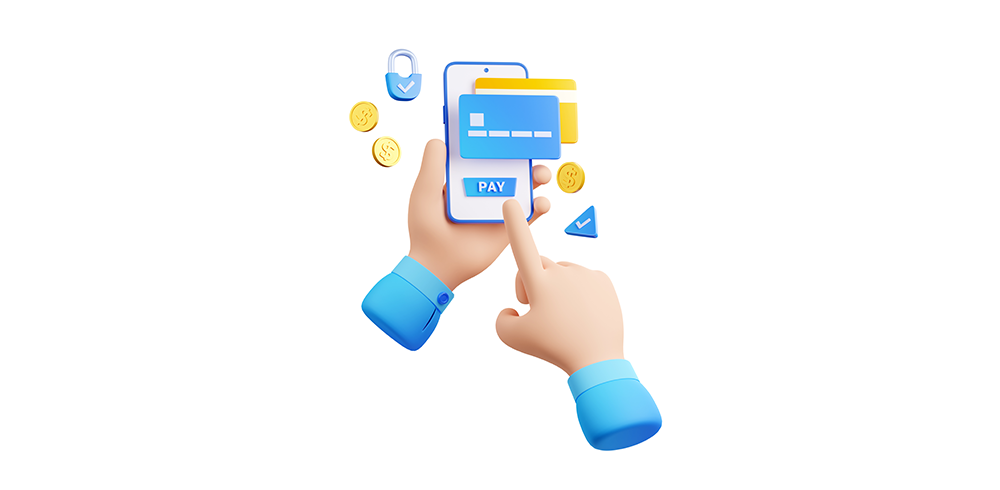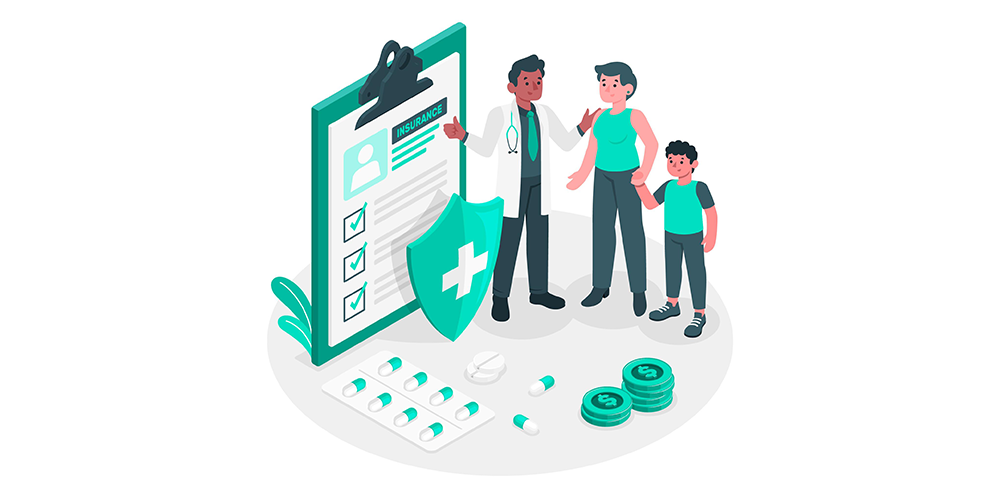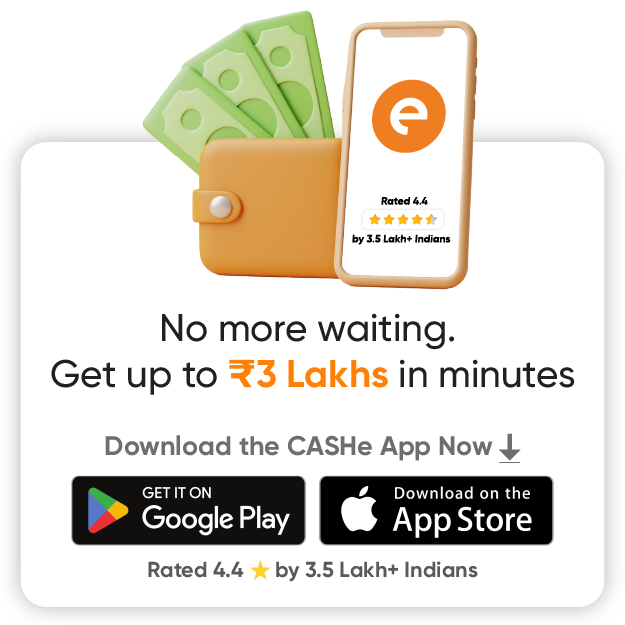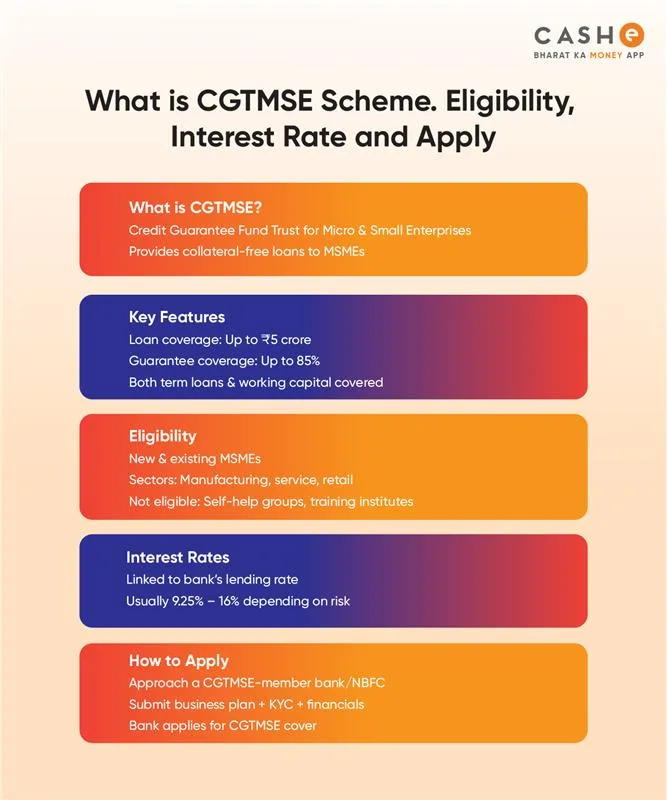Medical health insurance is of utmost importance, as medical treatments can be very expensive these days. A simple test or just a hospital stay can cost a lot. A medical health insurance policy would not just cover your hospital bills and doctor’s fees but also take care of medicines and even surgeries. You just have to pay a fixed amount regularly and the insurance company takes care of the medical costs when you get admitted to a hospital.
In this guide, let’s learn everything about health insurance in India. Let’s understand how it works, health insurance benefits, its types, and why it is important to buy one.
What is Health Insurance?
Health insurance is a policy under which you insure your medical expenses. You buy a plan, pay a premium regularly, and when you need medical treatment, the insurance company pays for it. This insurance would help you cover the costs of hospitalisation, doctor visits, medicines, surgeries, etc.
Types of Health Insurance in India
In India, there are many kinds of health insurance plans available. Here are some of the most common health insurance plans people often opt for:
- Individual Health Insurance: As the name suggests, this insurance plan covers only one person, and you get full coverage for yourself.
- Family Floater Plan: This single plan covers your entire family. The total amount available under the policy is shared among family members.
- Senior Citizen Health Insurance: This insurance is made specially for people aged 60 and above. However, the premium paid in this plan is often higher.
- Critical Illness Plan: Under this plan, the insurance company takes care of your bills if you are diagnosed with serious diseases like cancer, paralysis, or heart and kidney problems.
- Maternity Plans: These cover pregnancy and childbirth-related expenses.
Note: Make sure you always compare these plans and choose the best health insurance policy in India based on your needs.

Key Features of Health Insurance Plans
Here are some significant things you should know about health insurance:
Cashless Treatment: Nowadays, many insurance companies offer cashless plans. Under these, you do not need to pay any amount upfront at the network hospitals.
Comprehensive coverage: It covers everything, ranging from hospital stays and doctor visits to tests and follow-up treatments.
Pre and Post-Hospitalisation: The medical insurance covers expenses before and after the hospital stay.
Daycare Treatments: Short surgeries or treatments, such as cataract procedures, are also included.
No Claim Bonus: You get a discount on your next premium if you do not make any claims during the policy year.
Ambulance Cover: Many plans cover ambulance charges.
Network Hospitals: This is the list of hospitals covered under the insurer’s policy.
Amount Insured: It is the maximum amount your policy will pay for medical expenses.
Health Insurance Waiting Period: Some conditions, like pre-existing illnesses, are covered only after a set waiting period from the policy start date.
Tax Benefits: You can save taxes up to ₹25,000 each year under Section 80D of the Income Tax Act 1961.
So, whether you are comparing the top 5 or the top 10 health insurance options for yourself, make sure you compare these features.
Benefits of Buying Health Insurance
Here are the top 10 benefits of health insurance you can avail:
- Saves you from huge hospital bills.
- You get cashless treatment at network hospitals.
- You can save taxes every year.
- Get treated for big diseases like cancer or a heart attack.
- Attain peace of mind during tough times.
- Many health plans offer free yearly health check-ups.
- Covers expenses before and after hospitalisation.
- Lifetime renewal is also available in most plans.
- Keeps your savings safe.
- Covers family members as well.
How to Choose the Right Health Insurance Plan
Choosing a good plan is not really difficult. Here are some tips you need to keep in mind before you avail the best health insurance policy in India:
- Check the plan coverage and make sure it includes all the treatments you may need.
- Compare prices and check the benefits they offer.
- See if your nearby hospitals are part of the list of network hospitals.
- Understand the health insurance waiting period and see what diseases or illnesses are covered only after a set period.
- Select a plan that covers enough amount for emergencies.
Claim Process
There are two ways to make a health insurance claim:
Cashless Claim
Step 1: Go to a hospital that is part of your insurer’s network.
Step 2: Show your health card and ID.
Step 3: The hospital confirms the details with the insurance company.
Step 4: Once approved, the bill gets paid directly by the insurer.
Reimbursement Claim
Step 1: Go to any hospital.
Step 2: Get the treatment done and pay the bill.
Step 3: Save all bills and reports.
Step 4: Fill out the claim form and send it to the insurance company.
Step 5: Get the money transferred back into your account.
Conclusion
So, if you want to protect yourself and your family from huge medical expenses, make sure you avail a health insurance plan today. With a good policy, you would not need to worry about paying bills and you can completely focus on recovery. However, make sure you check the coverage, health insurance cost in India and other details before buying.
And if you need urgent funds for medical bills, you can also avail a CASHe instant personal loan for medical expenses. CASHe offers quick medical loans of up to ₹3 lakh with flexible repayment options. You can apply easily on the CASHe app and get approval in just a few minutes.











